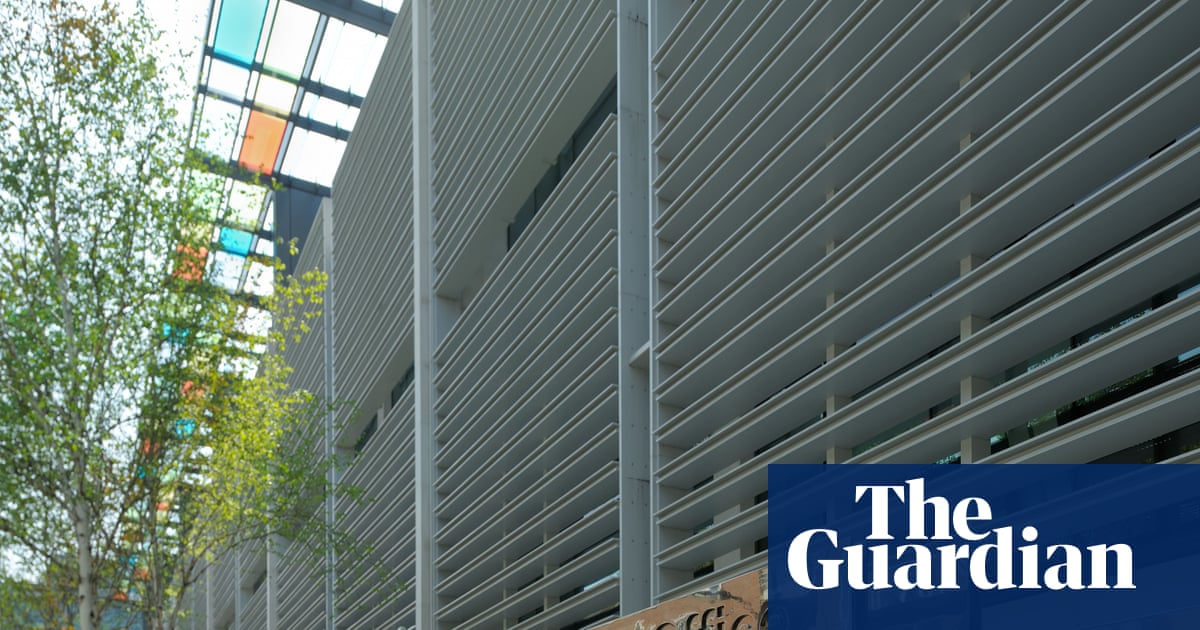Every two-and-a-half years, Uche and her husband pay more than a combined £5,000 for NHS care, on top of the tax and national insurance deducted from their salaries as a care worker and an IT worker.
Now, thousands more skilled workers face having to “pay twice” for services for 10 years or more, campaigners fear, as the government considers extending the qualifying period for indefinite leave to remain (ILR) – and eventually citizenship – in an immigration crackdown.
Currently, the standard wait for settlement is five years, during which time immigrants typically pay the equivalent of £1,035 a year for NHS care, on top of taxes deducted, as well as thousands more in varying visa costs.
In May, making his now infamous “island of strangers” speech, the prime minister, Keir Starmer, launched the immigration white paper, including proposals to extend the standard qualifying period for settlement to 10 years, proposals inherited by the new home secretary, Shabana Mahmood.
On Monday, MPs said constituents who thought they were close to qualifying were suffering huge anxiety, and that the plans would harm the economy and worsen skills shortages and exploitation. They were speaking at a Westminster Hall debate triggered by two e-petitions, one opposing proposals to extend the skilled worker visa pathway from five years and another calling for Hongkongers to be exempted, signed by more than 165,000 people and 108,000 people respectively.
Uche, a 49-year-old mother of four from south London who asked not be named for her safety, opposes longer waits being extended to others.
She is three-quarters into a “family life 10-year-route” to settlement which allows individuals to remain in the UK, with leave granted in 30‑month periods and eligibility for settlement after a decade of continuous residence. Indian, Nigerian and Pakistani nationals are the three largest nationality groups on this pathway, totalling 44%. There is a further ILR fee of £3,029 each when the 10 years is up, and they are at risk of remaining “in limbo” if they cannot pay.
Uche and her husband estimate they have spent about £8,000 in visa fees and £15,000 in NHS surcharges since he graduated from the University of Staffordshire IT course that brought them to the UK from Nigeria in 2011.
She said: “Financially we are being tortured. I start at 5am and come home at 9pm – I have to take all the hours I can get to keep paying for visas and healthcare. It’s really affecting our relationship with my four children who were all born here.
“My ambition is to be a midwife but there is no time or money. My husband could earn twice as much, but can’t get those roles because he only has further leave to remain.
“People say migrants take but we have no recourse to public funds. We are paying for things twice.”
Raising the issue at Monday’s parliamentary debate, the Labour MP for South Norfolk, Ben Goldsborough, said immigration discourse had been “fuelled by the algorithms of X and Facebook” and those “who peddle the idea that you can have … lower migration but without consequences to our economy, our NHS, our diplomacy, or our culture”.
The Lib Dem Tim Farron said a lack of clarity around the plans was “cruel” to people who “thought they were on one path and now are not, but also counterproductive, because we may end up losing really talented people”.
The Welsh Labour MP Steve Witherden said the proposals would have “devastating consequences … doubling the qualifying period doubles already extortionate costs”. But the Conservative MP Katie Lam said the government should go further, revoking existing ILR status from “those who’ve committed a crime, accessed state support or are unlikely to contribute more than they cost”.
The Home Office says “settlement in the UK is a privilege, not a right”, that reform will involve extending the qualifying period, with reductions through points earned from demonstrating “long-term contribution”. “Existing safeguards to protect the vulnerable” would be retained. The Home Office minister Alex Norris said the government would be “moving forward” with a consultation, but did not provide a timeframe to the debate.
In a joint statement, campaigners from Reunite Families UK, Migrant Voice, Ramfel and Praxis said the Labour government was repeating “all the same political choices” it had criticised Conservatives for.
They added: “The race to the bottom on migration policy has to stop. No one will benefit from the increasingly harsh rhetoric and migration policies adopted by this government … who, we are afraid, are just preparing the political and public arena for the far right.”
